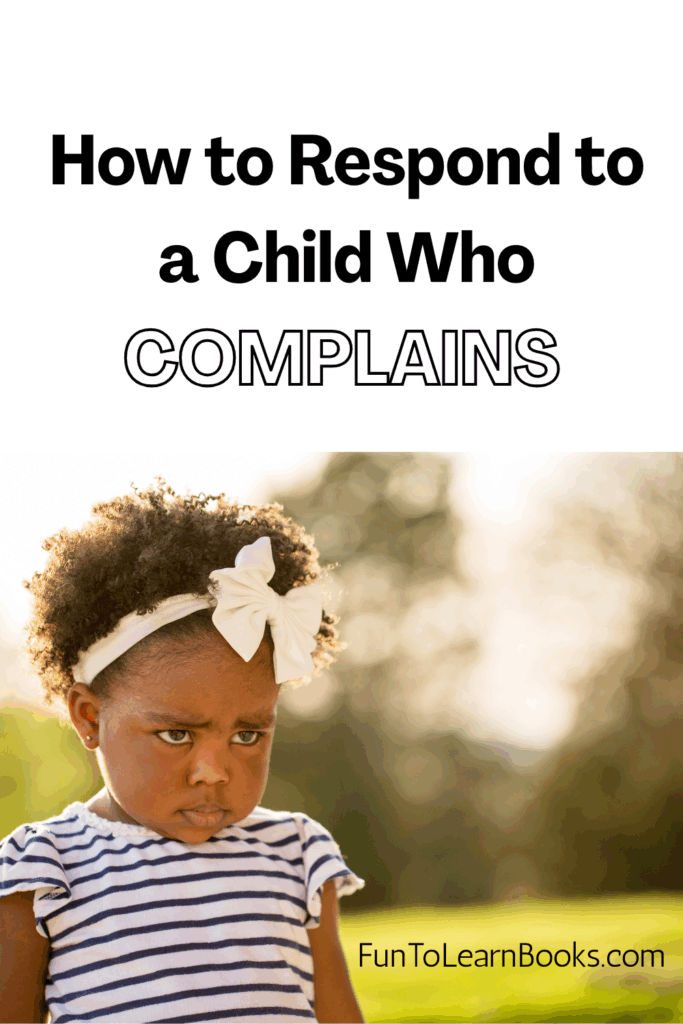Dealing with a child who frequently complains can be challenging and sometimes exhausting. As a parent, it’s natural to feel frustrated, tired, or even helpless when your child whines or points out everything that’s wrong. Recognizing these feelings is the first step toward understanding how to effectively support your child and help them develop a more positive outlook.
Address How You Feel When Your Child Complains
When your child constantly complains, you might experience a range of emotions—irritation, guilt, worry, or a sense of helplessness. You may wonder if you’re doing something wrong or stress about how this attitude might affect their future. These feelings are normal, but it’s important to reflect on them rather than dismiss them. Your emotional response provides insight into how their behavior impacts you and highlights the importance of guiding them toward healthier ways of expressing themselves.
Explain to your child that complaints sometimes feel like rejection. You worked hard on the meal, the school activity, or the vacation plan because you wanted to please your child–only to feel deflated by their complaint. Ask your child if he or she has ever felt similarly rejected by complaints.
Discuss the Consequences of Being a Chronic Complainer
While occasional complaints are natural, chronic complaining can have lasting effects. Children who focus primarily on the negatives may develop a pessimistic outlook, which can impact their mental well-being as they grow. They might struggle with:
- Low self-esteem
- Difficulty coping with setbacks
- Poor problem-solving skills
- Strained relationships with peers and family
By teaching your child these potential consequences, you can motivate your child to shift their focus from what’s wrong to what’s right.
Encourage Gratitude When Caught Complaining
A proactive way to address persistent complaining is to promote gratitude within your child’s daily routine. Begin your school day by expressing what you’re each thankful for. Then when you observe your child whining or expressing dissatisfaction, gently intervene by guiding them to recognize something positive. For example, you might say:
“I understand you’re upset about your chores. Can you tell me something you’re grateful for today?”
When we express gratitude when WE are caught complaining, the shift is more likely to stick.
Ugh! Once again you’ve lost your shoe. [pause] But I’m awfully grateful you have shoes to wear. Let’s work together to find it.
Making this practice a habit helps children become more aware of the good in their lives, fostering a more balanced perspective. Over time, this can reduce their tendency to complain and increase their contentment and positivity.
Final Thoughts
Patience and consistency are essential in responding to a complaining child. The lesson on complaining in Training Aliens Level 1 will help you make it a fun challenge. Ultimately, you can lead your child to a more positive attitude and happier life experiences.
Check here for more articles on teaching social and emotional skills.


